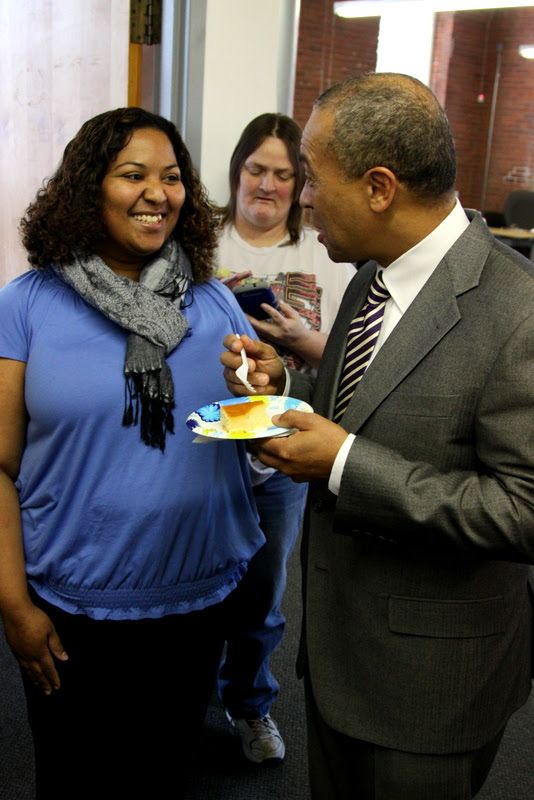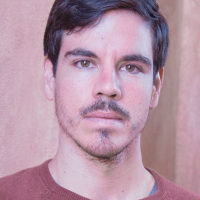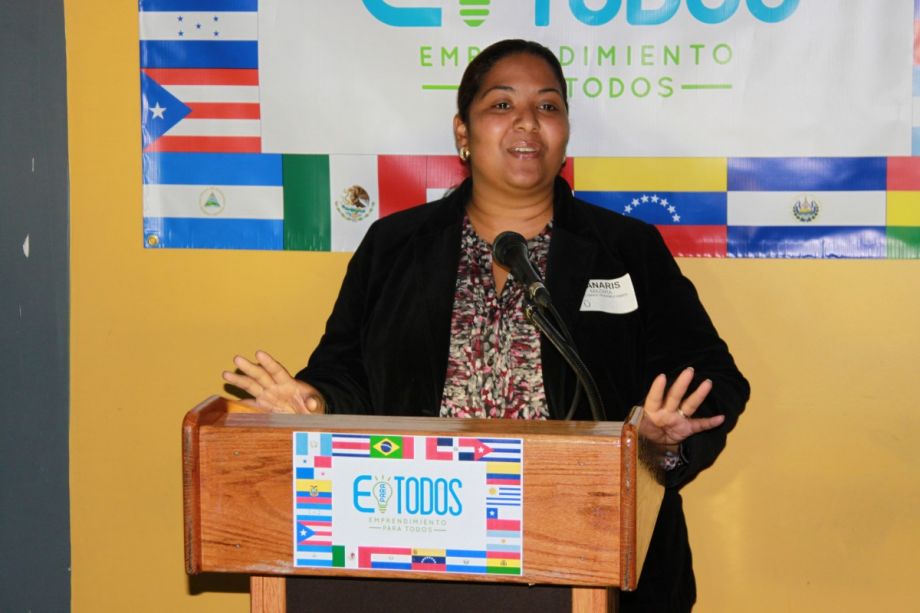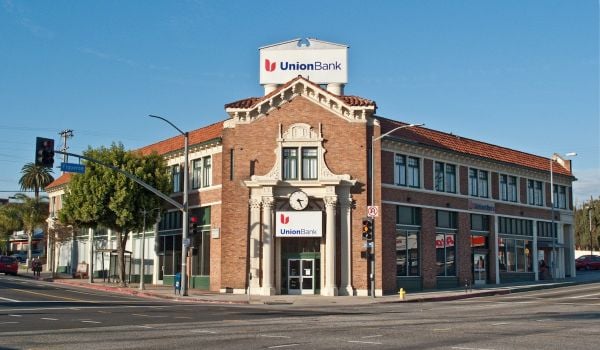Seeing opportunity for sustainable job creation, big cities from Boston to Los Angeles offer programs that support would-be small business owners with everything from accessing startup loans to navigating the legal maze that is launching a new company. They have uneven success, however, when it comes to making sure an entrepreneurial uptick improves economic opportunity for all, and many smaller cities struggle even more on that front due to fewer resources.
But Danaris Mazara, who left the Dominican Republic for the U.S. in 2002 and now lives 30 miles outside of Boston in Lawrence, Massachusetts, found support for her business idea. Thanks to Entrepreneurship for All (EforAll), she was able to access mentors, get funding and learn the ropes of running a bakery as if she were tuned into the entrepreneurial network of a bigger U.S. city.
Shortly after her family lost their home during the U.S. housing crisis, Mazara’s mom gave her $35 to go to the store and fill her empty fridge. Instead of stocking up on groceries she recruited her niece to teach her how to make flan, a sweet and smooth cheese-based custard that’s common throughout parts of Latin America.
Her coworkers at Walmart quickly bought up the small batch she brought to work the following week. Then again, with the next batch. Then again with the next. “After a month I realized I was getting enough money to pay my gas, electricity in the house, pay for some groceries, and I thought, ‘This is kind of a good business,’” says Mazara.
She partnered with another local baker whose house was nearing foreclosure to form Sweet Grace Heavenly Cakes. The business was accepted into a 12-week startup accelerator program run by EforAll where a local restaurateur helped them draw up a business plan. At the end, they were awarded $3,500 — enough money to buy a brand-new mixer, and add to the savings they then used to buy the building space where they operate today.
EforAll, a nonprofit headquartered in Lowell, Massachusetts, opens its doors to ideas of entrepreneurs from every background, though they aim their programs at minorities and immigrants like Mazara. Since forming in 2014 the organization has claimed some impressive results. It has graduated 174 entrepreneurs, the total of which make up a payroll of $3.4 million, 271 jobs and $5.2 million in revenue. On top of that, 70 percent of the 1,500 entrepreneurs it’s assisted over the years are women, 41 percent are immigrants, 55 percent are minorities and 60 percent were previously unemployed.
David Parker, chief executive officer, says their big ambition right now is to launch 1,000 startups in 30 midsize U.S. cities by 2023.

Former Mass. Governor Deval Patrick tries a Sweet Grace Heavenly Cakes treat. (Credit: Entrepreneurship for All)
“We call our people ‘undernetworked,’” says Parker. He’s helped scale a number of successful internet-based businesses, and realized through that process that one of the main reasons he was successful was because he had like-minded peers to help him build his influence.
For someone with a great idea in a city like Lawrence, that type of network once didn’t exist. “They just don’t have a culture of entrepreneurship that they can sort of fall back on,” says Parker. “Whereas in Boston and Cambridge and New York and Silicon Valley, the culture is so imbued that you can’t help but get excited about entrepreneurship” in those cities.
EforAll’s bringing that spirit to Massachusetts gateway cities helped Miriam Morgenstern and Debra Fowler, who scaled up History UnErased, a company that creates lesson plans on LGBTQ issues throughout American history for K-12 schools and community colleges, after one of EforAll’s 12-week accelerator programs in Lowell.
Of the many benefits the two celebrate, the mere access to a co-working office space has been enough to give them a newfound confidence. “Just having a place to meet somebody that isn’t a coffee shop often gives you credibility,” says Morgenstern. She says they’ve sold curricula to educators in six states since graduating from EforAll’s accelerator program in early 2016.
Mazara’s bakery is climbing the ladder as well. Sweet Grace Heavenly Cakes has nine employees, and they’re already talking about expanding into the space adjacent to their Lawrence retail space. “We’re growing so fast,” she says.
Compared to where she was a decade ago, that’s exactly how she’d like it. “We’re still learning, [but] I want to keep moving,” she says.

Johnny Magdaleno is a journalist, writer and photographer. His writing and photographs have been published by The Guardian, Al Jazeera, NPR, Newsweek, VICE News, the Huffington Post, the Christian Science Monitor and others. He was the 2016-2017 equitable cities fellow at Next City.
















